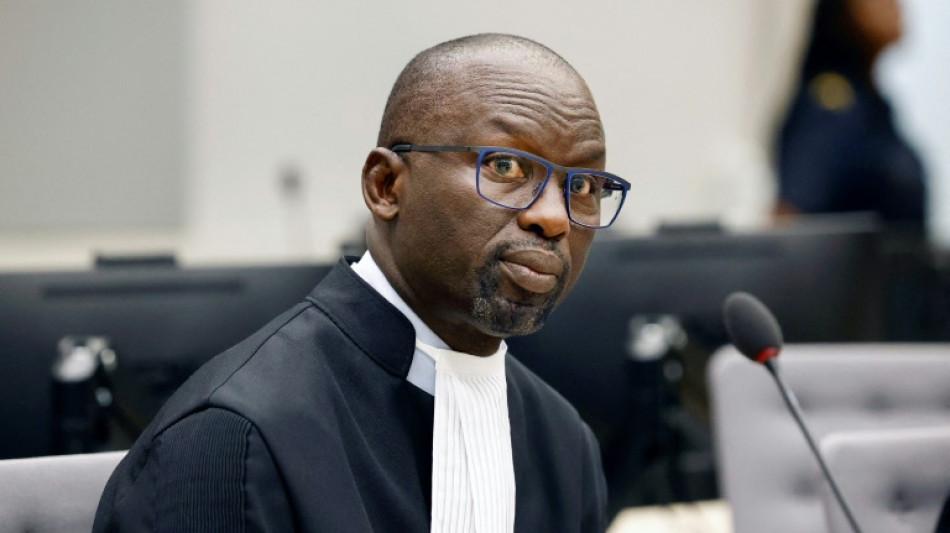
-
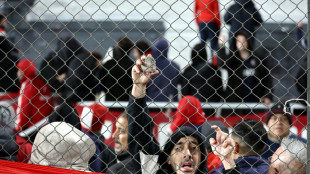 Ten hurt, 90 arrested as match abandoned following fan violence in Argentina
Ten hurt, 90 arrested as match abandoned following fan violence in Argentina
-
Indian heritage restorers piece together capital's past
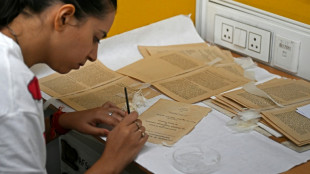
-
 Australian Rules player suspended for homophobic slur
Australian Rules player suspended for homophobic slur
-
Online behaviour under scrutiny as Russia hunts 'extremists'
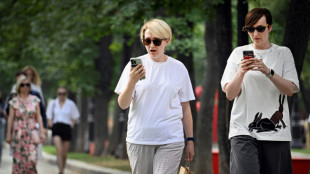
-
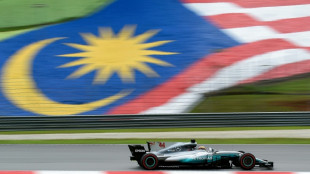 Malaysia rules out return of F1 over costs
Malaysia rules out return of F1 over costs
-
German firm gives 'second life' to used EV batteries
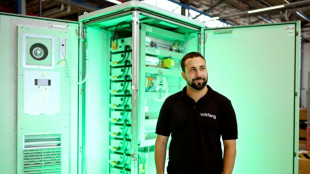
-
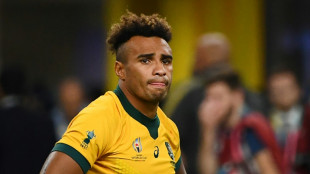 Wallabies great Will Genia announces retirement at 37
Wallabies great Will Genia announces retirement at 37
-
South Africa spinner Subrayen cited for suspect bowling action
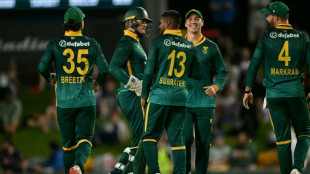
-
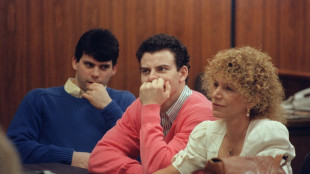 Menendez brothers face parole board seeking freedom after parents murders
Menendez brothers face parole board seeking freedom after parents murders
-
Weaponising the feed: Inside Kenya's online war against activists
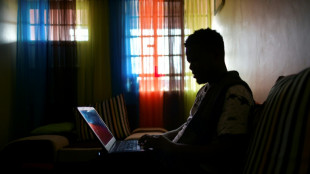
-
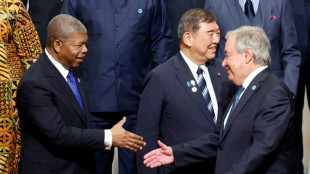 Africa could become 'renewable superpower', says Guterres
Africa could become 'renewable superpower', says Guterres
-
Suspended Thai PM in court for case seeking her ouster
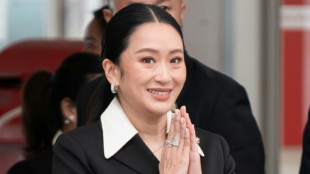
-
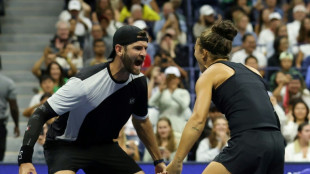 Errani, Vavassori retain US Open mixed doubles title in revamped event
Errani, Vavassori retain US Open mixed doubles title in revamped event
-
Surging tourism is polluting Antarctica, scientists warn
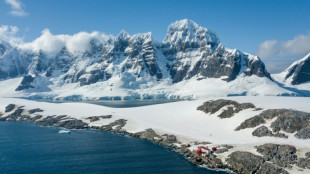
-
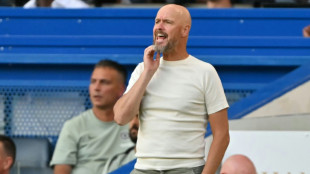 Ten Hag hoping for fresh start at rebuilding Leverkusen
Ten Hag hoping for fresh start at rebuilding Leverkusen
-
Five players to watch at the Women's Rugby World Cup
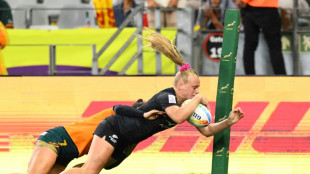
-
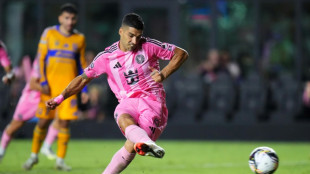 Suarez fills Messi void as Inter Miami beat Tigres 2-1
Suarez fills Messi void as Inter Miami beat Tigres 2-1
-
Asian markets creep up as investors await key speech
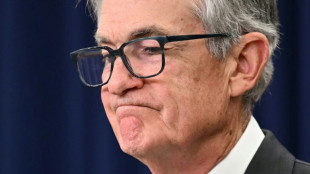
-
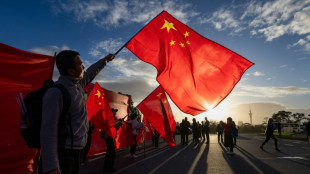 New Zealand spy service warns of China interference
New Zealand spy service warns of China interference
-
Brazil police accuse Bolsonaro and son of obstructing coup trial
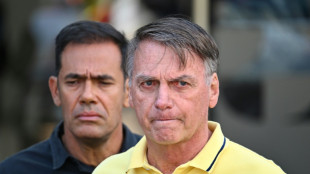
-
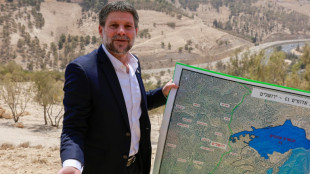 Israel approves major West Bank settlement project
Israel approves major West Bank settlement project
-
North Carolina braces for flooding from Hurricane Erin
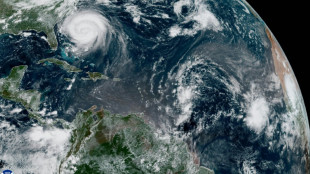
-
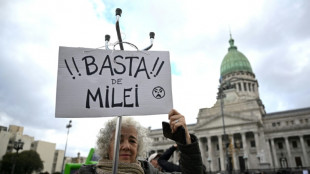 Pensioners on the frontline of Argentina's fiery politics
Pensioners on the frontline of Argentina's fiery politics
-
'Curly is beautiful': Tunisian women embrace natural hair
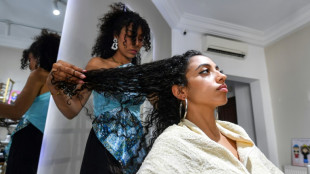
-
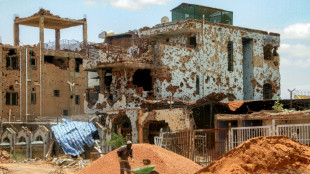 Sudanese lay first bricks to rebuild war-torn Khartoum
Sudanese lay first bricks to rebuild war-torn Khartoum
-
Newcastle host Liverpool amid Isak stand-off, Spurs test new-look Man City
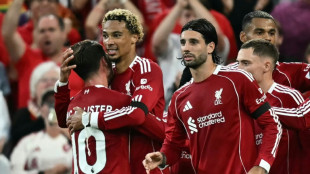
-
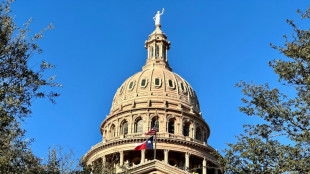 Texas Republicans advance map that reignited US redistricting wars
Texas Republicans advance map that reignited US redistricting wars
-
South Africa spinner Subrayen cited for suspect action
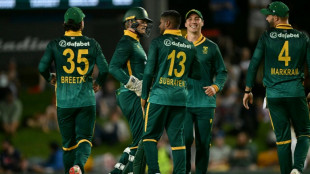
-
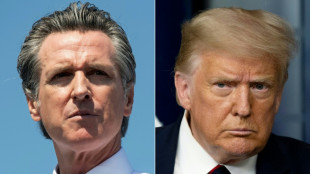 Meme-lord Newsom riles Republicans with Trump-trolling posts
Meme-lord Newsom riles Republicans with Trump-trolling posts
-
Messi ruled out of Miami's Leagues Cup quarter-final v Tigres
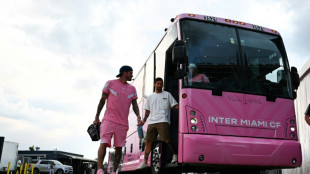
-
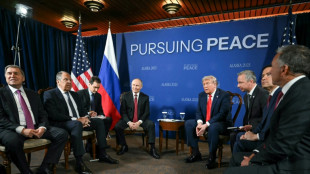 Trump flirts with Ukraine security, with narrow margins
Trump flirts with Ukraine security, with narrow margins
-
US sends three warships near Venezuela coast
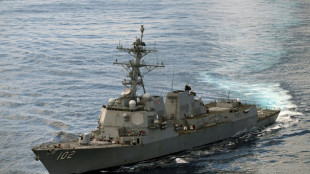
-
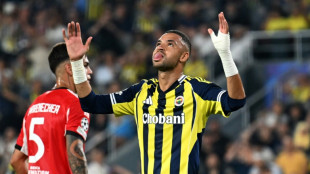 Celtic held by Kairat Almaty in Champions League play-off
Celtic held by Kairat Almaty in Champions League play-off
-
North Carolina braces for flooding from 'Enormous' Erin
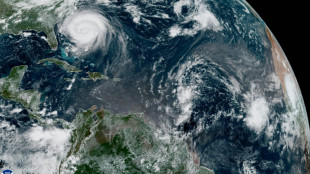
-
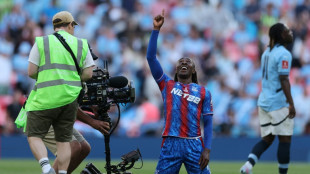 Arsenal could hijack Spurs' bid for Palace star Eze - reports
Arsenal could hijack Spurs' bid for Palace star Eze - reports
-
Namibian Shalulile equals South African scoring record
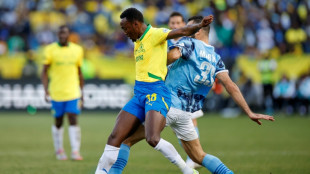
-
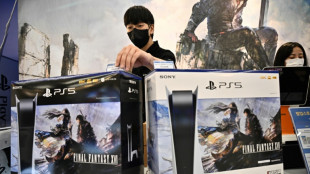 PlayStation prices rise as US tariffs bite
PlayStation prices rise as US tariffs bite
-
Games publisher kepler on cloud nine after smash hits
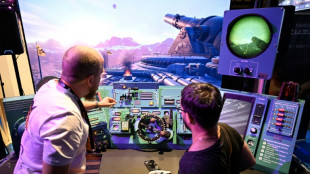
-
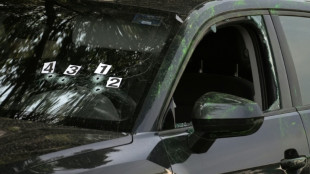 Thirteen arrested over murders of Mexico City officials
Thirteen arrested over murders of Mexico City officials
-
Seville storms past Lyles for Lausanne 100m win
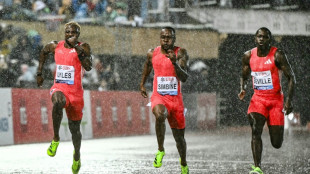
-
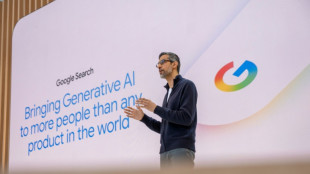 Google unveils latest Pixel phones packed with AI
Google unveils latest Pixel phones packed with AI
-
Brazil records 65 percent drop in Amazon area burned by fire
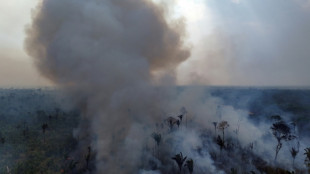
-
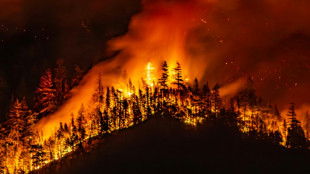 Threat from massive western Canada wildfire eases
Threat from massive western Canada wildfire eases
-
England women's rugby coach Mitchell says World Cup favourites' tag 'irrelevant'
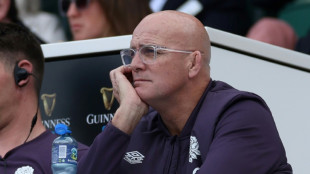
-
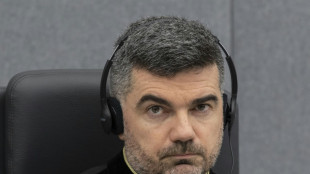 US ramps up attack on international court over Israel
US ramps up attack on international court over Israel
-
Palace transfer targets Eze and Guehi to start in European tie
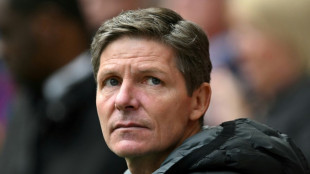
-
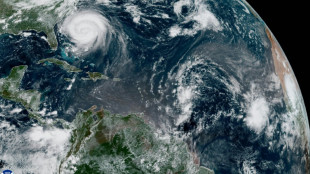 North Carolina coasts prepare for flooding as Erin churns offshore
North Carolina coasts prepare for flooding as Erin churns offshore
-
India test-fires ballistic missile ahead of US tariff hike
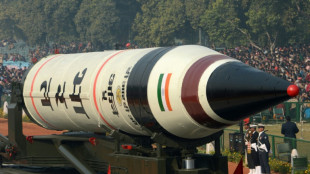
-
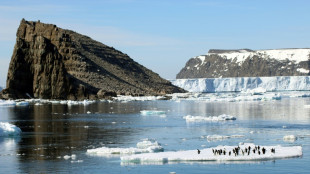 Antarctic climate shifts threaten 'catastrophic' impacts globally
Antarctic climate shifts threaten 'catastrophic' impacts globally
-
Tall ships sail into Amsterdam for giant maritime festival
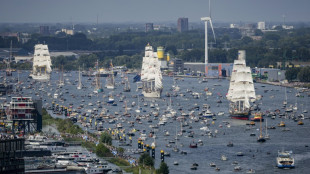

Catching the world's most wanted: the ICC's impossible task
The arrest on Tuesday of former Philippines President Rodrigo Duterte, by police acting on an International Criminal Court warrant tied to his deadly war on drugs, marks a success for the ICC, which has been struggling for almost 23 years against a lack of recognition and enforcement power.
Backed by 125 member states, the jurisdiction seeks to prosecute individuals responsible for the world's gravest crimes when countries are unwilling or unable to do so themselves.
The wheels of international justice grind slowly, as evidenced by the court's low conviction rate.
However, it’s not all about the final judgement, experts say.
The mere fact of pursuing alleged perpetrators of atrocities sends a message that the international community is determined to fight impunity.
- Catch me if you can -
Since it began work in 2002, the ICC has opened 32 cases for alleged war crimes, crimes against humanity, genocide and offences against the administration of justice.
Fourteen of them, or roughly 40 percent, are ongoing, in most cases because the suspects are still at large.
Without a police force, the Hague-based court is unlikely to catch them soon.
Of the 60 arrest warrants issued since 2002, only 21 had been carried out before Duterte's arrest.
The ICC relies on states to apprehend suspects.
But the incentive for them to cooperate is low because the court has "nothing to offer in return, except a commitment to seeing justice served", former ICC adviser Pascal Turlan said.
The court's wanted list includes Russian President Vladimir Putin, Israeli Prime Minister Benjamin Netanyahu and Ugandan warlord Joseph Kony. All three are accused of war crimes.
Russia is one of dozens of nations, including the United States, Israel and China, that do not recognise the jurisdiction of the ICC, hampering its ability to investigate their nationals.
But some member states also defy its authority by, for instance, refusing to hand over suspects.
"When states don't like what the ICC does, they don't often cooperate," said Nancy Combs, professor of law at William & Mary Law School in the United States.
- 11 convictions, all Africans -
ICC spokesperson Fadi El Abdallah stressed that the court's role is not to go after all suspected war criminals but to "encourage nations to deal with their own cases".
Each case comes with a unique set of challenges, from interference by national governments to witness intimidation.
The latter caused the case against Kenya's former deputy president William Ruto to fall apart in 2016, according to a former chief prosecutor.
These challenges partly explain the court's low conviction rate.
Since its inception it has handed down 11 guilty verdicts, mostly against officials from the war-torn Democratic Republic of Congo (DRC), and four acquittals.
All those judged were Africans, leading to accusations that the ICC is unfairly targeting the continent.
Combs pointed out that some African countries, including Uganda, Ivory Coast and the DRC, had referred their own wars to the court for investigation in the early days, while other cases had been instigated by the United Nations Security Council.
"The ICC has diversified a lot but non-African states have resisted ICC jurisdiction more fiercely," she pointed out, citing Russia as an example.
L.Maurer--VB
